084 #makedatanotwar
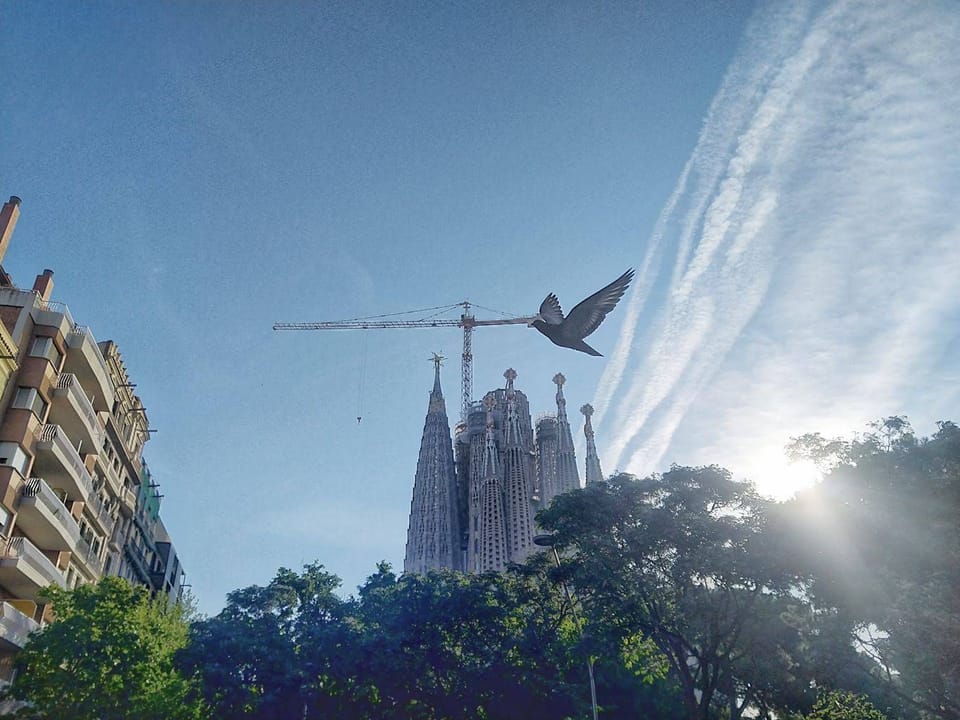
This post reflects upon a meeting of the Open Knowledge Foundation network that took place on May 12 and 13, 2022. We convened ahead of time, our colleagues from headquarters to prepare and do some team-building on the ground, myself to sync with Florin of the Swiss chapter. It has been years since our last face-to-face happenings, and the first time for many of us to have met in person. Sadly, not all who planned to be there could make it, and at this time we could not afford to host a larger and more global event. So we had a kind of jam session, getting in tune together, warming up to brighter futures.
Today is our @OKFN International Network meeting at @CCCBLab with @okfn_np @OpendataCH @okfde @OKFSE @OKFFI @okfngr and the sun is out in #Barcelona! Ready to plan the years ahead!
— Open Knowledge Foundation (@OKFN) May 13, 2022
While it will take me some time to process and write about all the themes and topics that were covered, in this post I would like to express my gratitude to Renata, Sara, Cassandra, and the rest of the OKFN team who helped to organize the stay, and make the most of our time in the City of Prodigies.
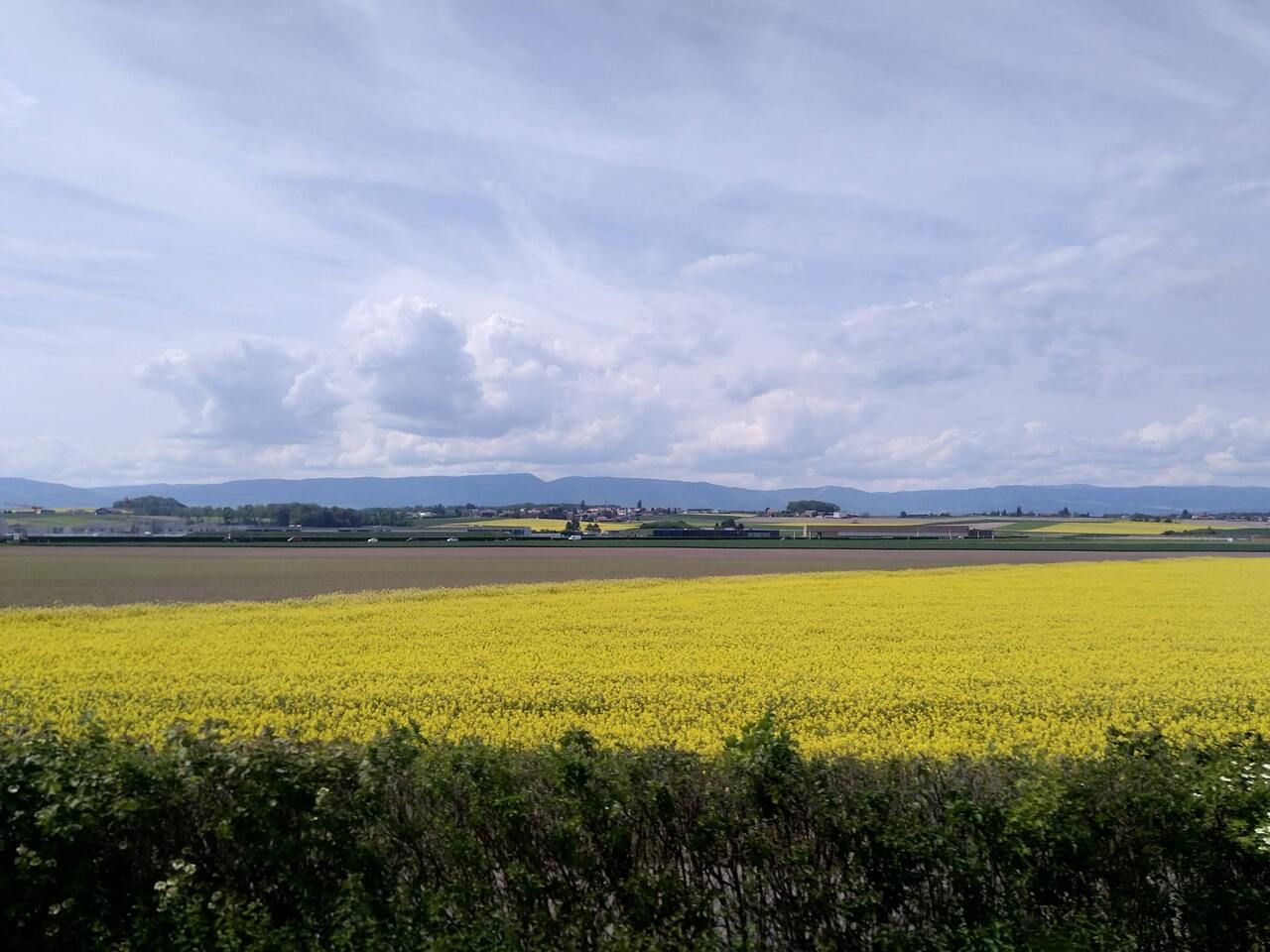
In the news
This being only my third trip to Spain and first one to Cataluña, I passed on leafing through my beat up old Lonely Planet, scouring the news instead a bit to find what has been going on in this part of the world. How about that big COVID-19 wave in late January ...

Data visualization via dadescovid.cat showing the effective potential growth on the day before restrictions were lifted on February 4. "We believe we are leaving behind the maximum peak of the third wave" -- said the Catalan health secretary general, Marc Ramentol via Reuters.
According to Catalan News, by the middle of May, 6 million residents have been given the first dose of a SARS-CoV-2 vaccine, or over 80% of the total population. Out of those, 74% have also had a second dose, and 42% a third dose administered. Along with recoveries, 6.4 million residents are considered to be fully immunized (80%).
It is interesting to note that Spain has one of the highest completion rates worldwide of their vaccination campaign, ahead of all the other countries that were represented at our meeting:

Source: Our World in Data
I suppose we could say we chose as good a time as any to test and travel. Nevertheless, there were a lot of visibly ill people, moderate mask usage (required on public transport). I came back with a mild case of respiratory infection, as one would expect from such a trip.
Who - or what - else is being infected? The devices of politicians and activists in "CatalanGate":
In Catalonia, more than sixty phones—owned by Catalan politicians, lawyers, and activists in Spain and across Europe—have been targeted using Pegasus. This is the largest forensically documented cluster of such attacks and infections on record. Among the victims are three members of the European Parliament, including Solé. Catalan politicians believe that the likely perpetrators of the hacking campaign are Spanish officials, and the Citizen Lab’s analysis suggests that the Spanish government has used Pegasus.
This is from the April story in The New Yorker, where the lack of a Geneva Convention for cyberwarfare gets mentioned. Last week there were calls for resignation of the Defence Minister (CatalanNews) in the ongoing debacle. Visit the Citizen Lab for updates and more details from the source.

Other news bites that caught my eye:
🚧 🎡 Since the experience of a tourist-free city during the pandemic, the government of Barcelona is trying to do more for its own residents, for instance in rethinking popular central areas like Las Ramblas (The Local). Talking to locals later on my trip, I heard little confidence in the plans, but generally they were supportive of the direction.
🚭 🏖️ Barcelona's beaches are going to be smoke-free from July, which will be enforced by the Public Health Agency. I don't see any mention of e-cigarettes, vapes, etc. but the intention to curb passive smoke and littering is clear. See also Spain's cancer map and my coverage of Swiss tobacco advertising laws.
🤖 📋 An anonymous Java coder wrote an open source bot to help Barcelonian people get various immigration-related appointments through the highly criticised public registration "Cita previa" process. As Catalan News reports, the intent is to countervent hundreds of scalpers trying to make a buck off of newly arrived immigrants and refugees..who are not aware that it is a free public service, or are unable to use it..in part because of the abovementioned scalpers.
💹 🧑🏾🤝🧑🏼 As part of the country's economic renewal strategy, freelancers and small business can get up to 12 K € in subsidies for Digital Transformation (to ramp up security, virtual offices, automation, data analytics, Internet presence, &c.) through reportedly 3000+ officially recommended agencies in Spain, via the Digital Kit by Santander Bank. You can go find out which agencies are certified and if any of them can help you to open your data at red.es.
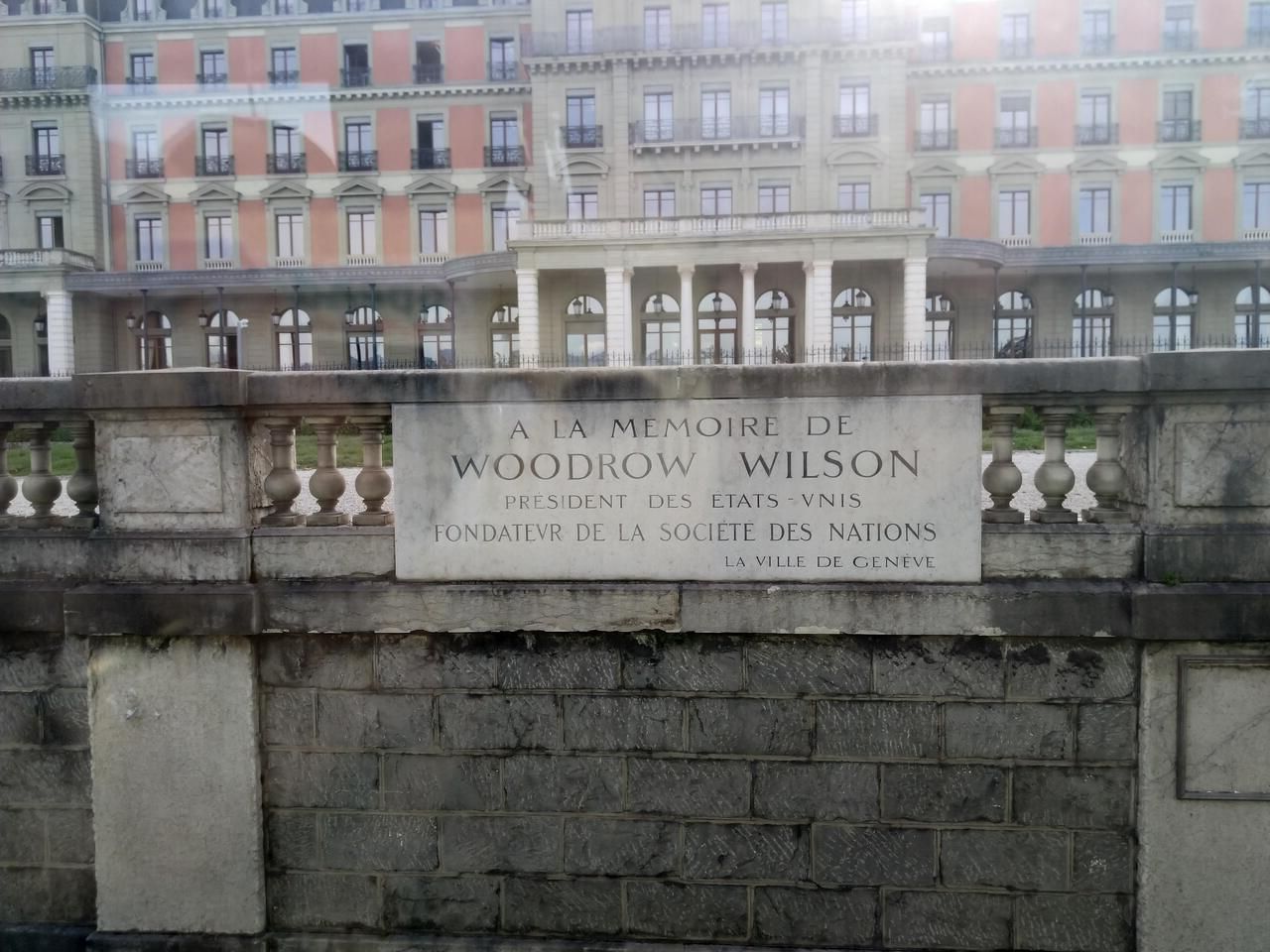
Boarding in Bern last week, I had the feeling this was going to be an interesting journey. I would have preferred to take the train, but there are currently still no sleeper services. The bus ride was easy thanks to an uncomplicated and timely service via Geneva and Lyon to Barcelona.
Benvenudos il España
I wake up as the coach grinds to a halt on a dark, nondescript lot in the early dawn. We have been driving non-stop, as far as I can tell, for the past 3 or 4 hours. A man rushes into the side door. Asks nervously: Español, English? "Hasta la mañana!" jokes the driver, with a nod to us, his ~60 passengers in the full bus from Lyon, France.
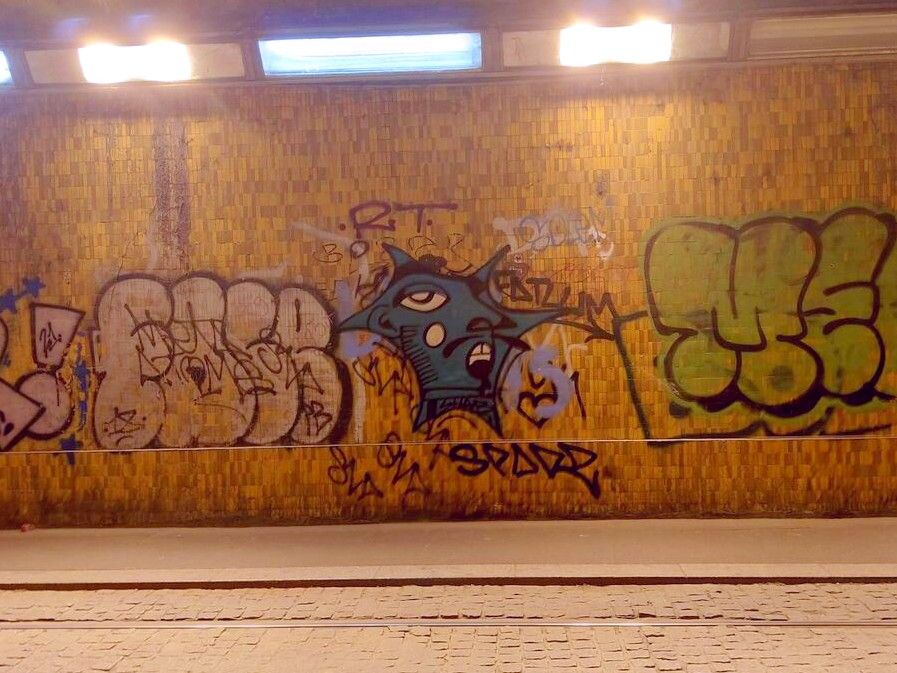
The man stutters and talks in Russian anyway. "Bezhentsy!" We are refugees, he says. Where is the nearest police station? Please help us. We have just been robbed, we lost all our documents. The driver does not seem to follow, then one of the passengers moves forward and talks to the man, translates to Spanish with a strong west-european accent.
They move outside, try to get help from the gas station attendant. Trucks shuffle by. "Zubarev Transports" from Kiev, Ukraine, is written on one. After a few minutes the men return, without a word start the engine, and continue the drive. I get written off when later questioning the driver about what happened.
Later on I learn a bit more about the Spanish response to the war in the Ukraine - on par with the rest of the European Union, the country taking in well over 100 thousand refugees by this point and providing financial and logistical assistance (see Spain for Ukraine) in the humanitarian crisis.
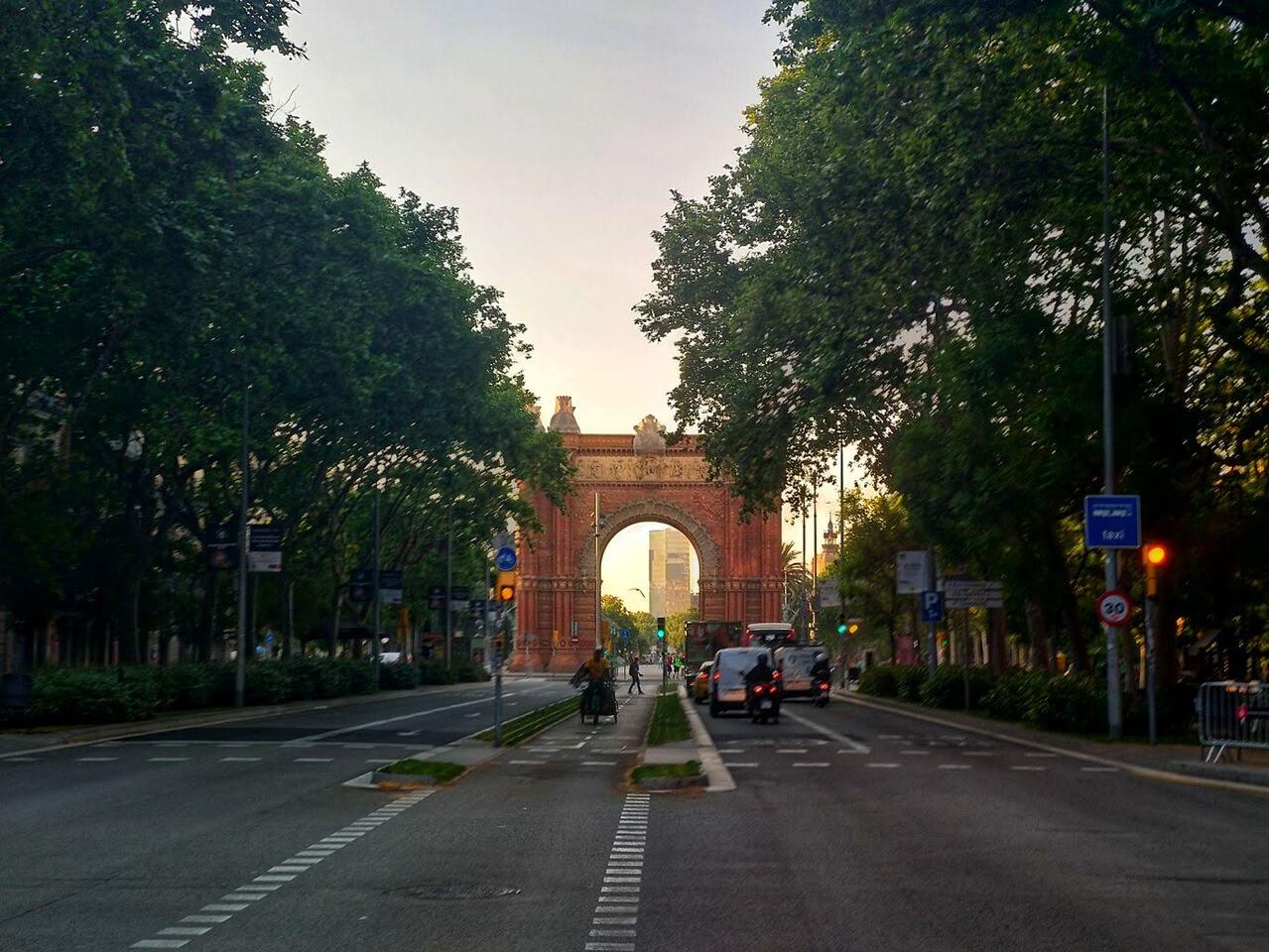
A breath of Barcelona
Having arrived early and relatively well rested, I left my bag at the hotel and spent the morning wandering around the city. I just walked to the sea, visited the docks and stopped to gaze at the Maritime Museum - display the history of seafaring with several full scale-boats on display, such as the Flying Dutchman dinghy with which Luis Doreste and Domingo Manrique won the Olympic title for Spain in the Barcelona Games of 1992.
We walk the world, seeing it through our eyes, hearing it through our ears, parsing its data through our electronic devices. Passing by cruise liners, impressively sized for someone who doesn't often get to see the sea, I traverse the port and climb up to the gardens of Montjuïc to relax from the noon sun in the shade of citrus trees. Sketching and thinking, I take this time to relax and compose myself for the days to come.
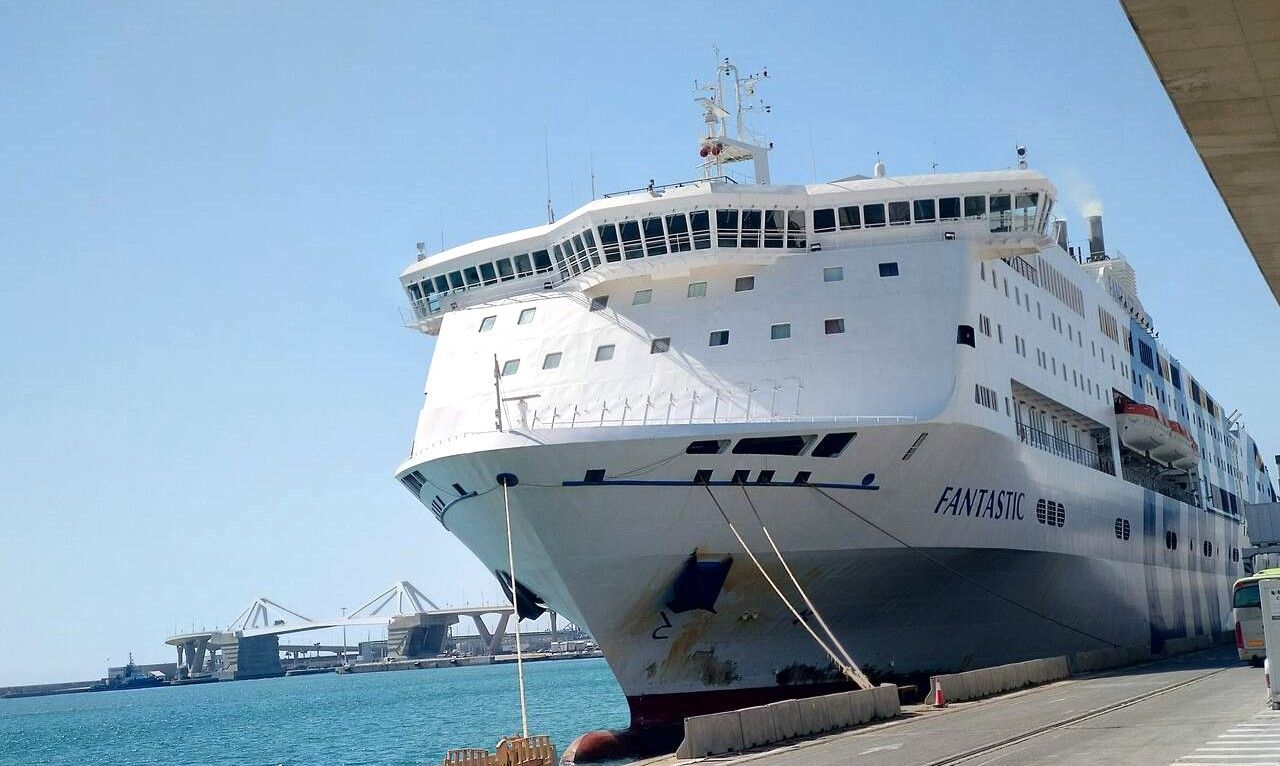
Port Code ESBCN Port Position 41°19'59.988" N, 2°10'00.012" E
Port Type Seaport Water Density 1.028
Country Spain Security Level 1
Time Zone GMT+1 Chart No.(BA) 1180, 1196, 1704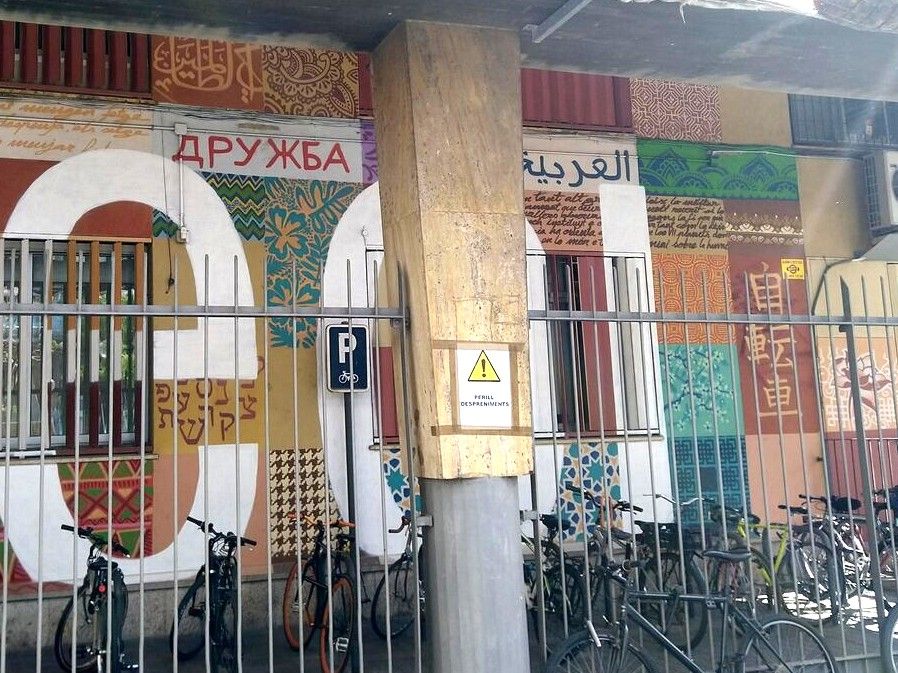
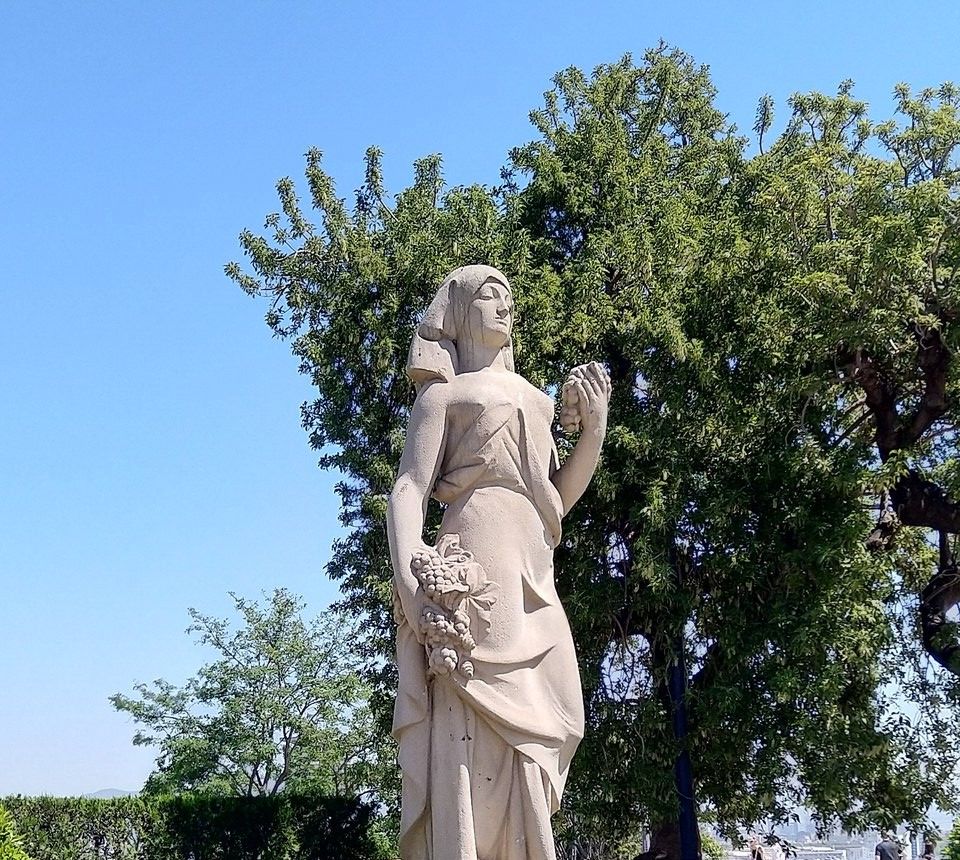
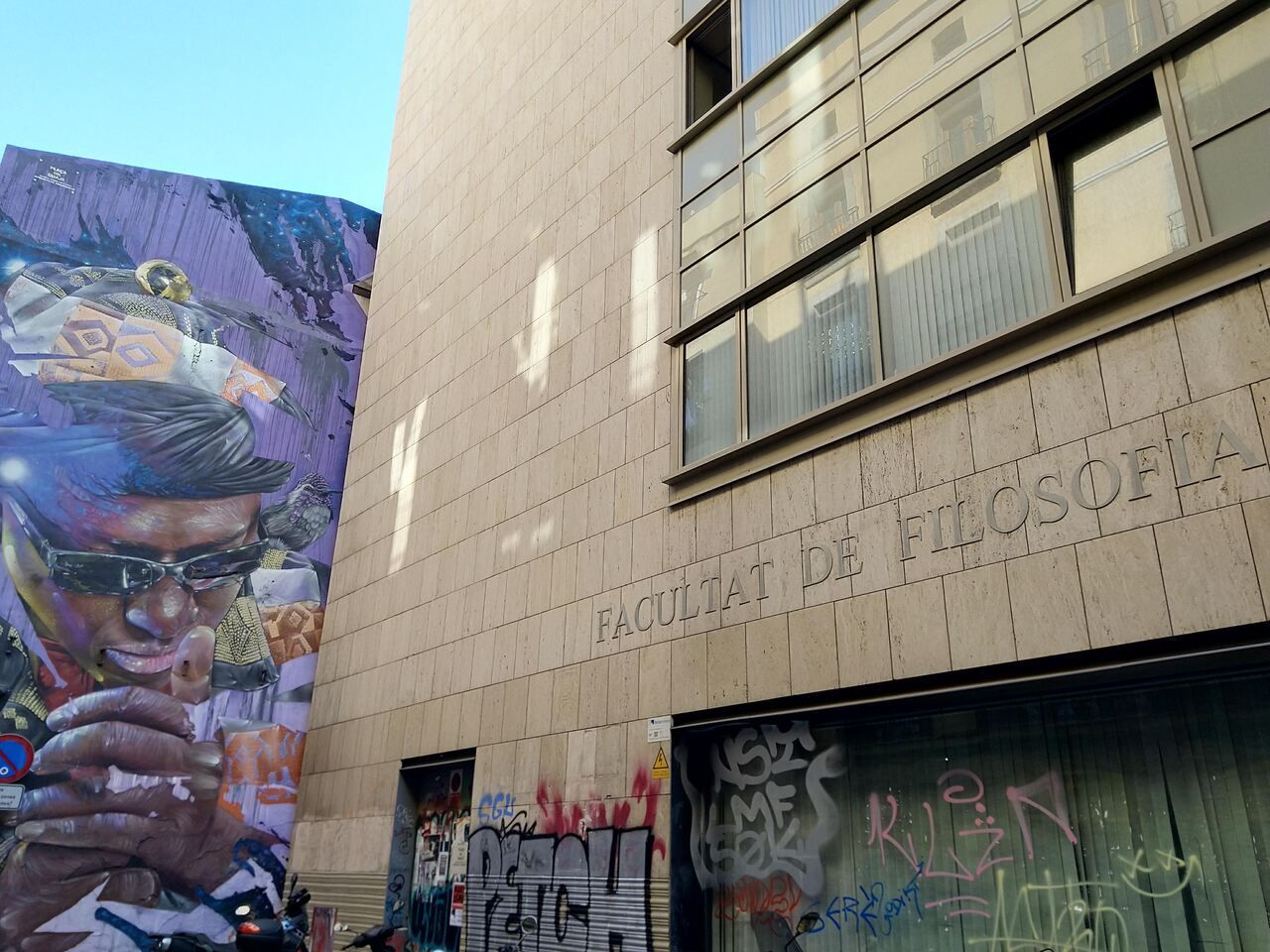
Meeting of minds
We find each other and we talk, our words rolling like olives over the din if the windy midday crowd. I am being ostentatious as usual, not holding back my contempt for the years of showy unorganized, disconnected hacktivism, all the while making apologies as in - look at the bright side, whatever that is.
Here in this messy, rowdy, epic city it feels like we are as far from the cool and rational side of data as we could be. Will we flee back to the comforting glow of our screens in panic? My battery is running dry, I try to not look at my phone. We walk some more, my back starting to ache from a day of hilly climbs and urban adventures.
Florin and I visit the Architectures Festival, filled with artistic experiments and utopic visions of Barcelona in 2030, 2050 and beyond. Inspired by conversation with a local urbanist, we study designs for Barcelona of the future. I'm inspired by the shapes and maps and foggy, dissolving visions of a town that keeps growing in all directions. Vertically, in the air, into the sea, and horizontally into the imaginations of people everywhere.
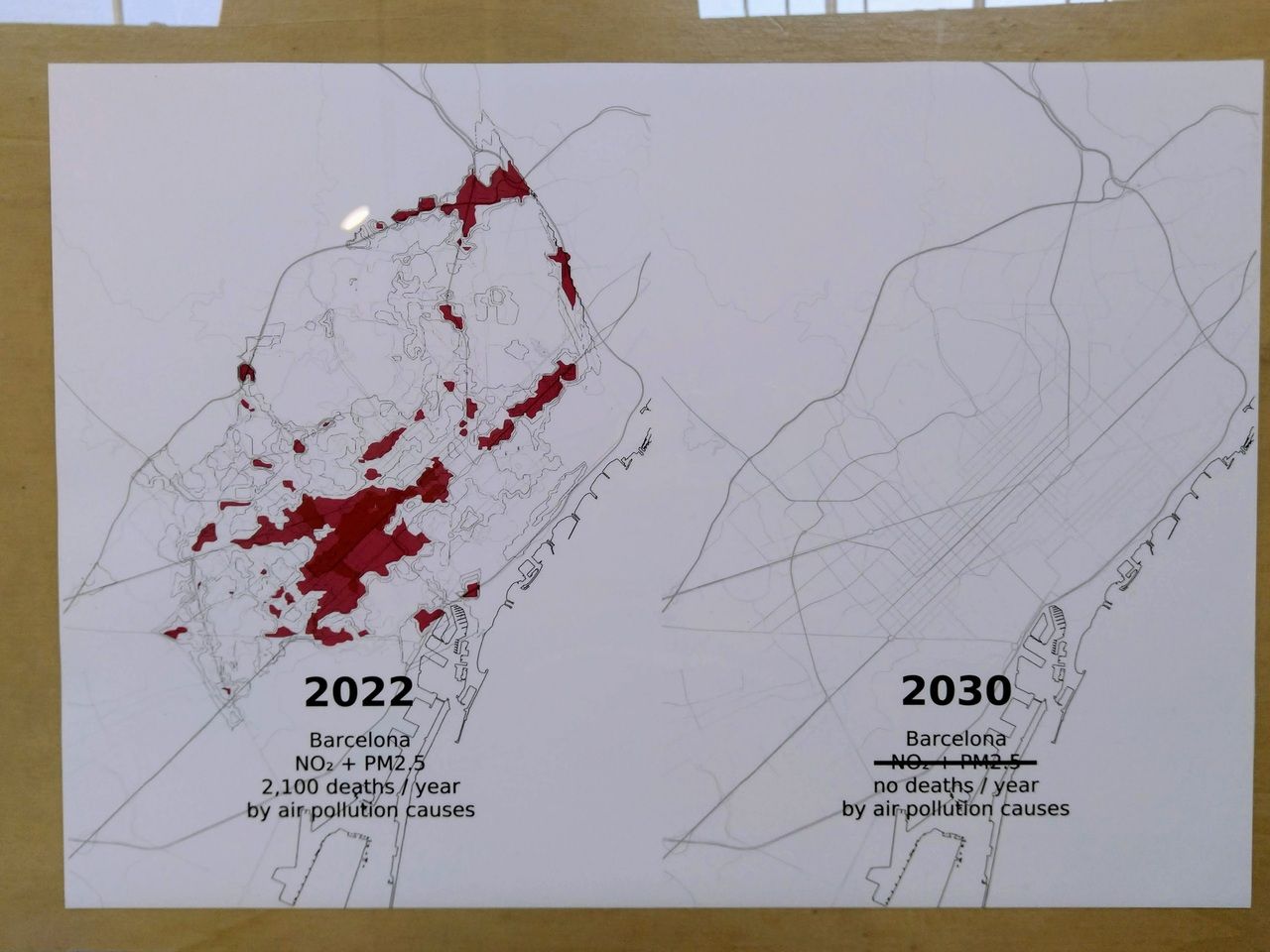
This intention and need to rethink the future of the city is still alive today. With the vision suggested by this call for drawings, with radical imagination and optimism, drawing architectures that allow us to redefine the conditions of our present and thus open ourselves to the possibility of different, more equitable and fair futures. These proposals come from architects of very different generations, who have imagined fragments of a future Barcelona, from itself and from many different cities. A rethinking that follows very different and complex paths, scales and strategies, but which also tends towards renaturalization, neighborhood scale and proximity, the emphasis on diverse ways of life, on affordable housing, and in the search for alternatives. This is the invitation to debate. (99 + Imaginaris / Future Barcelona)
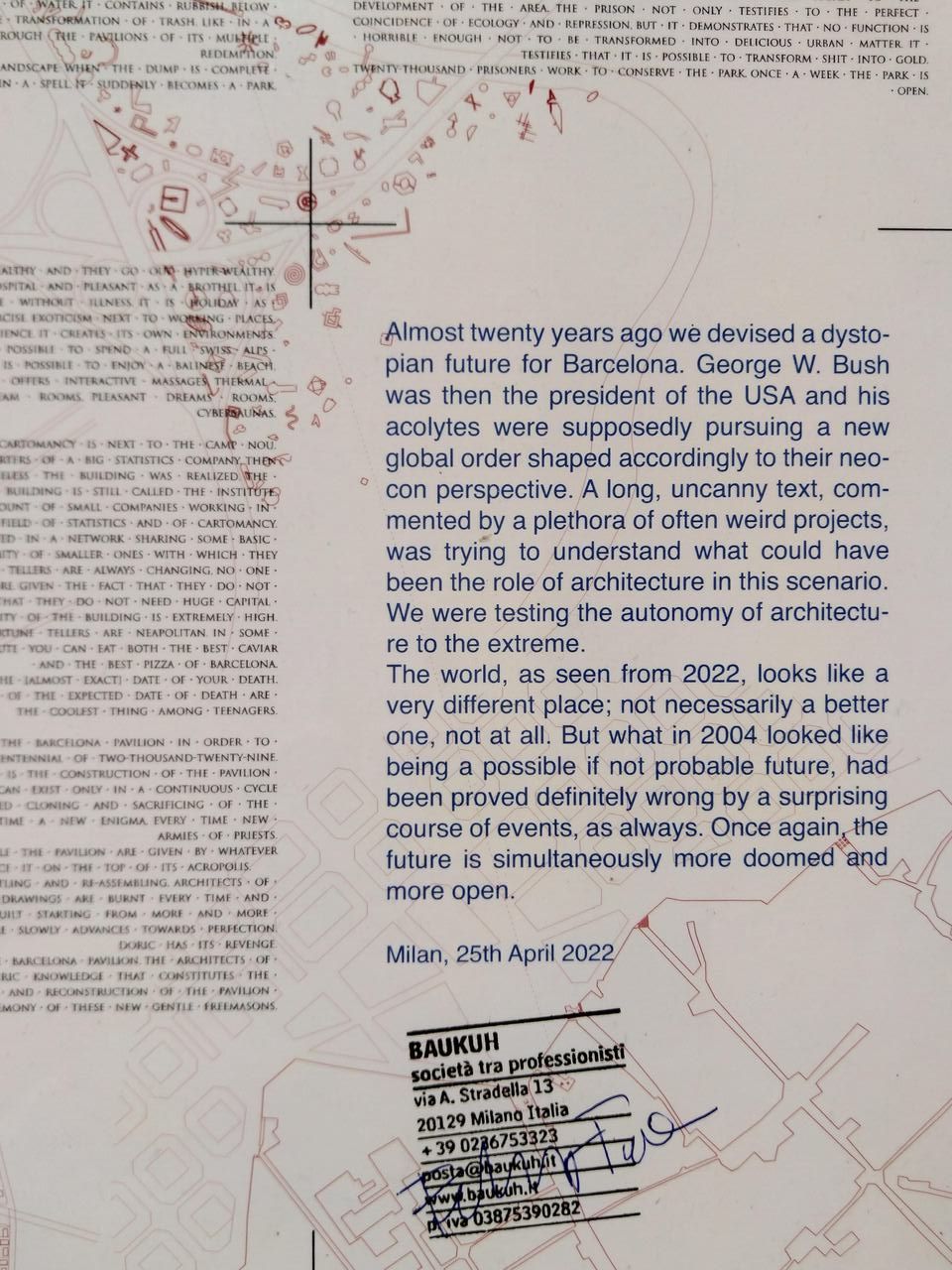
Searching for food, like gulls, we arrive at the seaside. I plomp into the sand, soaking in the atmosphere while Florin goes to get his feet in the water. People are dancing, talking, selling. We soon head back, heads spinning. Prevented from entering a bus by having forgotten to take my mask, I unlock a Donkey bike and skirt past busses, cop cars, cabs and crowds while the Vespas skirt closely by me.
We spot a vegetarian restaurant around the corner. Boy are we hungry - the crispy enchiladas disappear in a wink. We are soon joined by fellow activists Tarmo from Finland, and Elenor from Sweden. Our conversation wanders around the usual touch points. Languages, foods, politics. There's a lot we could talk about, but it takes a visible effort for us to bring our brains out to any kind of serious topic. We have a very pleasant chat, a very filling dinner (me trying vegan 'shrimp' for the first time), and stumble back to the hotel.
Florin and I run up to the terrace to catch a final glimpse of the Barcelona night. I fall asleep in seconds and dream in plastic.
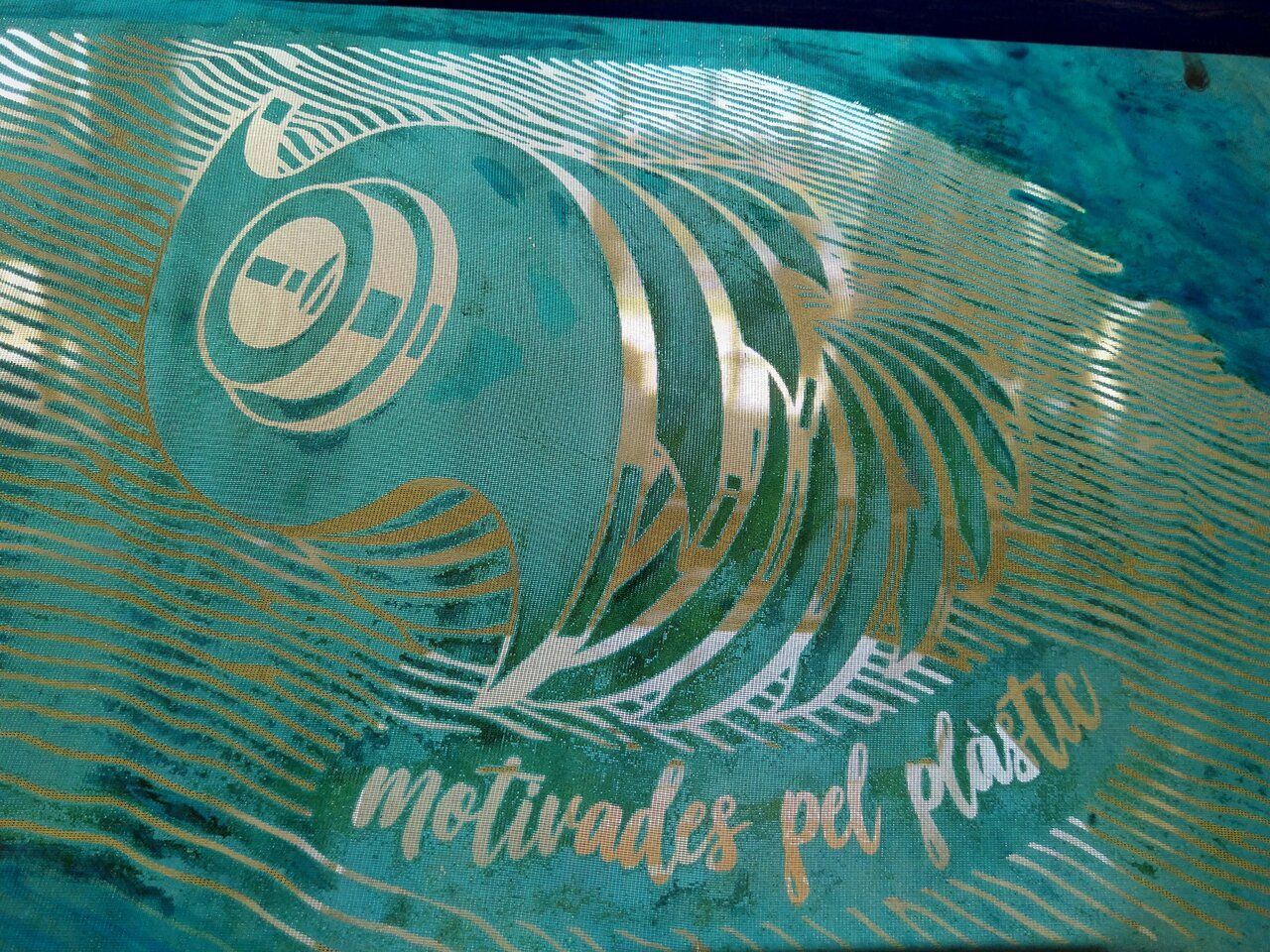
Back to front, front to back
Our main conference, hosted by the wonderful Canòdrom, saw about 50 people join from at least 15 countries. The breezy blue skies made it easy to stay outdoors, and we were never far away from a sun-lit terrace. The world's messy data eclipsed briefly by the welcoming, exhuberant scenery of our location.
My journey to the conference is briefly delayed by the sun rising over the Sagrada Família - "a fever dream of deliquescent spires and vivid stained glass, ornate facades, and ornamental arches" (National Geographic, 2015). Mindful of being entrusted with moderation of the opening session, I respond to the task with a modicum of structure and all the flair I can muster in these morning hours.
Currently meeting the 🌍 #OpenKnowledge #OpenData community in Barcelona to look at the past, present and future of @OKFN.
— Florin Hasler 💙💛 (@florihas) May 12, 2022
Thank you @CanodromBCN for hosting us! ❤️@OpendataCH @okfde @okfnbr @OKFSE @okfn_np @okfngr @OpenKnowledgeBE @OKFJ @OKFFI @avilarenata pic.twitter.com/dBGOztGEn0
Our lunchtime conversations start with the ironic topic of Getting Rich Quick. We discuss the issue of Catalonian Wikipedia editors unable to tag articles on female leaders due to a policy of non-gendered professions, the Tower of Babel of blockchain times based on complex and loosely governed digital protocols rife with contempt and potential for strife, the role we are asked to play in the formation of data cooperatives and platform economies as a community of people experienced in Internet Governance. We hope to be more balanced, take a more nuanced stance of impartiality and tolerance.
A licensing service to set the bar for the open mediators and digital rights activists, the fact finders and servants of justice, the champions of Open Knowledge who need accreditation both to improve the scope and scale of their work, and to increase confidence in themselves and their work by making their commitment to fairness transparent.
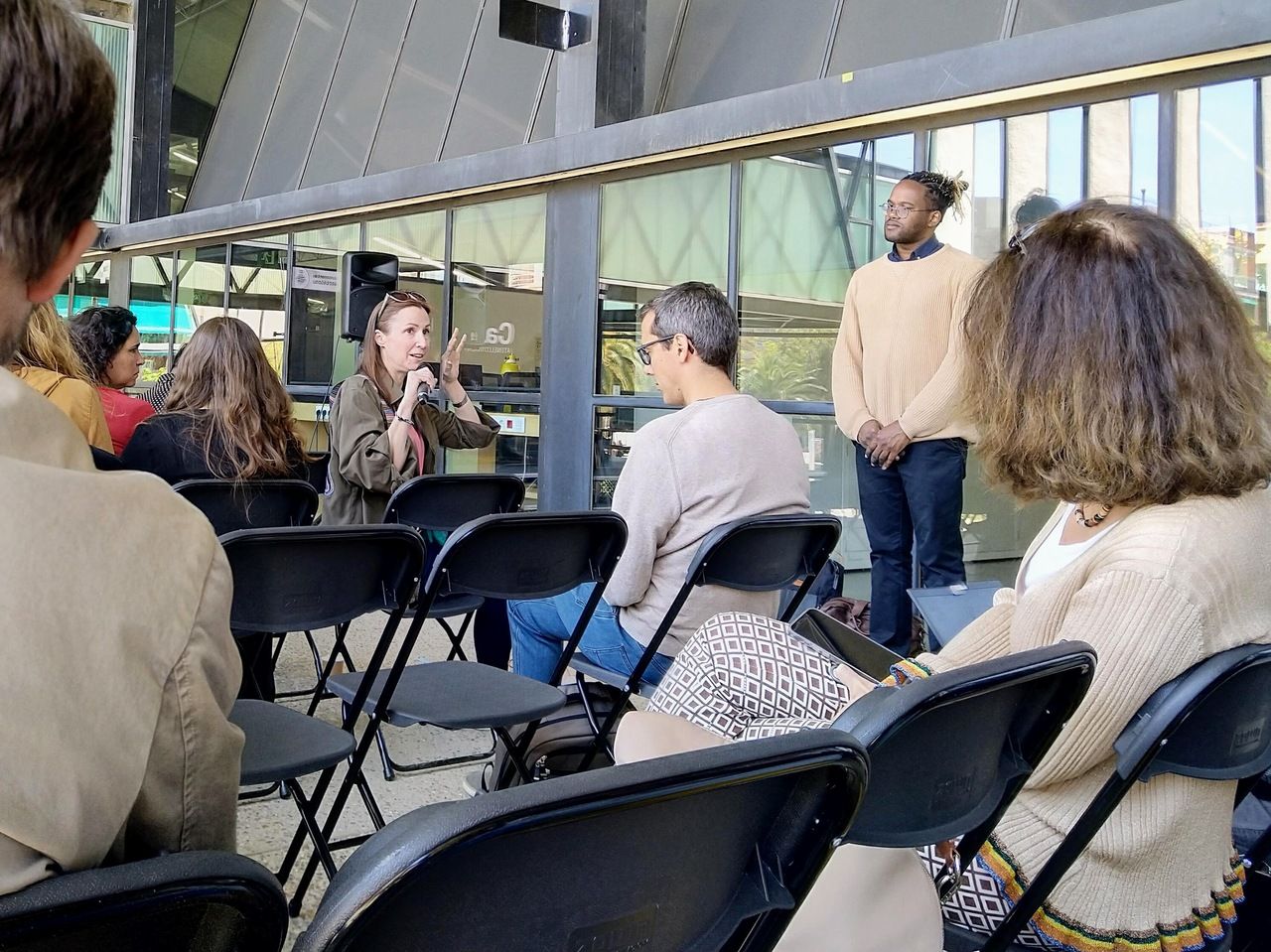
Our group proposes to prototype an instrument for an evaluation workflow that concludes in issuing a verifiable certificate that can be viewed in the same system. The more we can leverage distributed technologies for the solution, the more it may incentivise buy-in from people and institutions seeking neutrality and bias resilience in such a system. We call it "show me the money, cat!", with followthemoney.org as inspiration. Our domain idea showmethemoney.cat requires our team to include someone from the linguistic community of Catalan speakers.
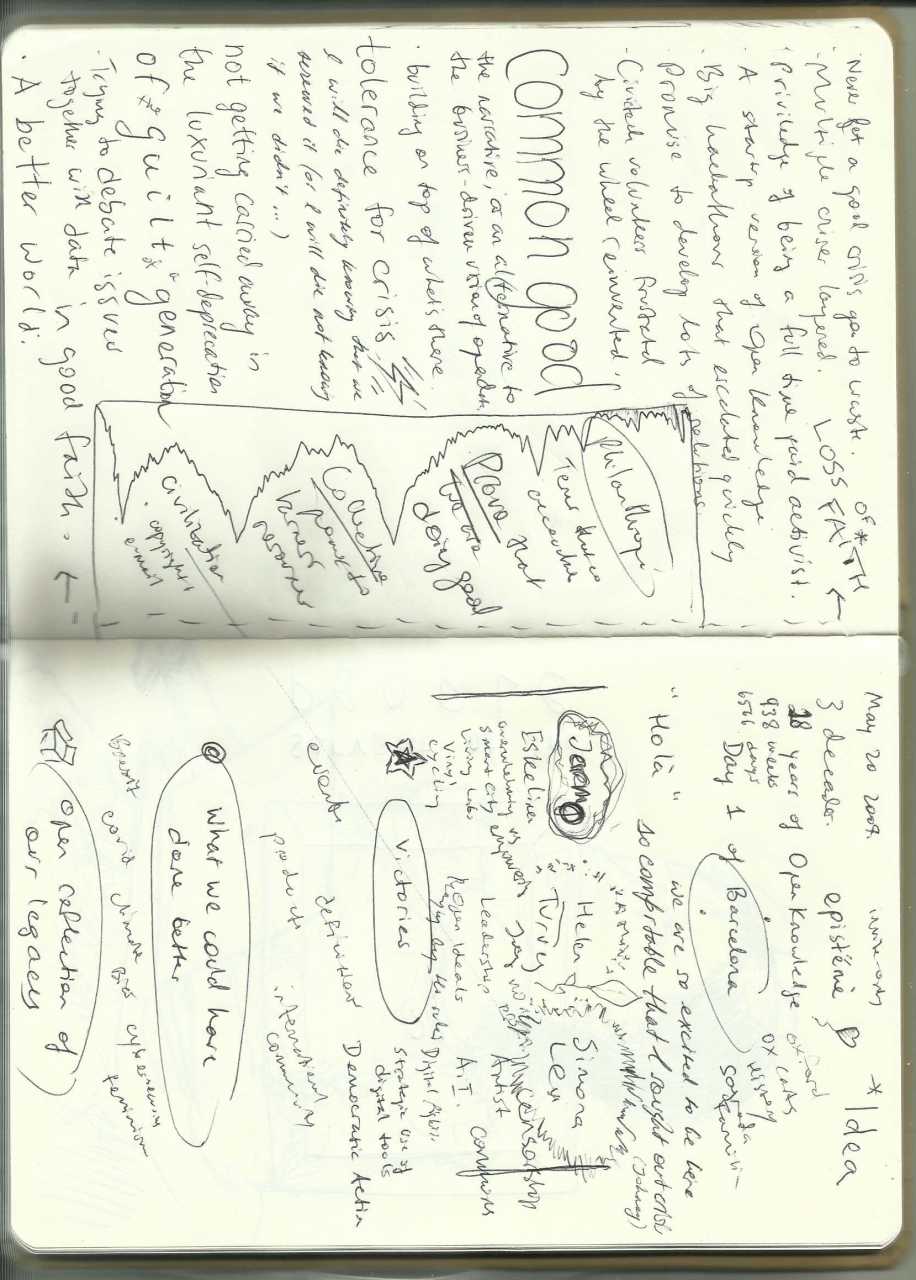
We plan to use subtle but striking imagery to symbolize the prison of the instinct that leads to so much conflict, and how small interventions can help to keep civil society civil. We are inspired by the Canòdrom, our meeting location, which used to be a scene for dog races and is now a civic tech hub, transformed by governance with vision. We can feel the vibe in this place. Let's get good at settling the pedigree of datasets while we arbitrate the results of hackathons, before we move up to more high profile cases.
Let's make data, not war.
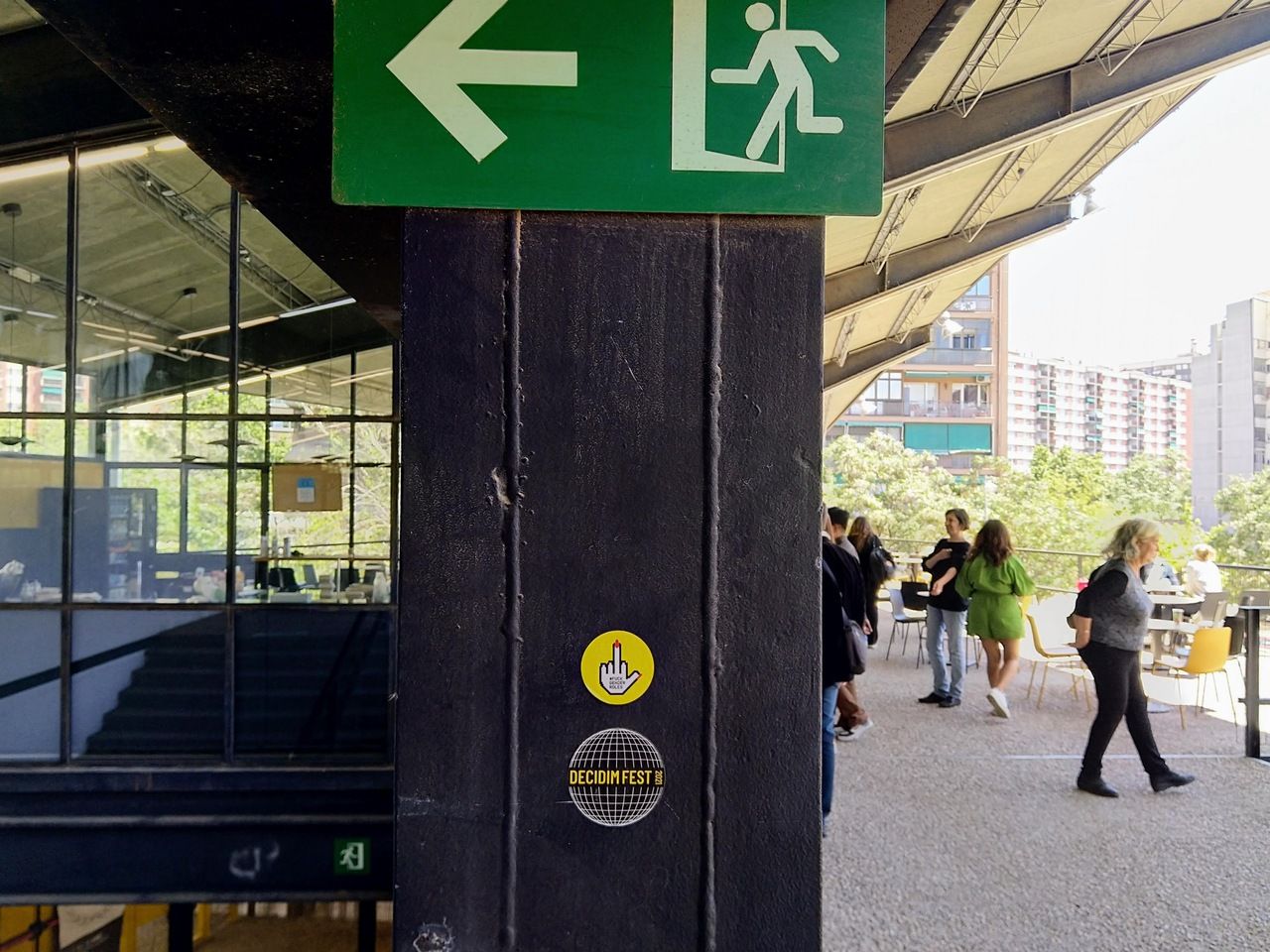
Wrapping up
Sleepless night after a day of conversation that leaves me hoarse, confused, enlightened, nervous, changed. Trying to figure out how to join an early morning call with the Pacific, not finding the link, pondering the gigantic game we're all connected in. The Internet weather worries me more right now than the atmospheric conditions in Barcelona. My legacy is a train of code glitches, XSS vulnerabilities and 404 pages. Life so much simpler when you could go over and fix up any mess accidentally made of a neighbour's BBS. Now servers upon servers span the globe with fiber-optic cables and content-delivery networks, a megaorganism that might (just possibly - if you can imagine it) exude an emerging conscience, a growing temper.
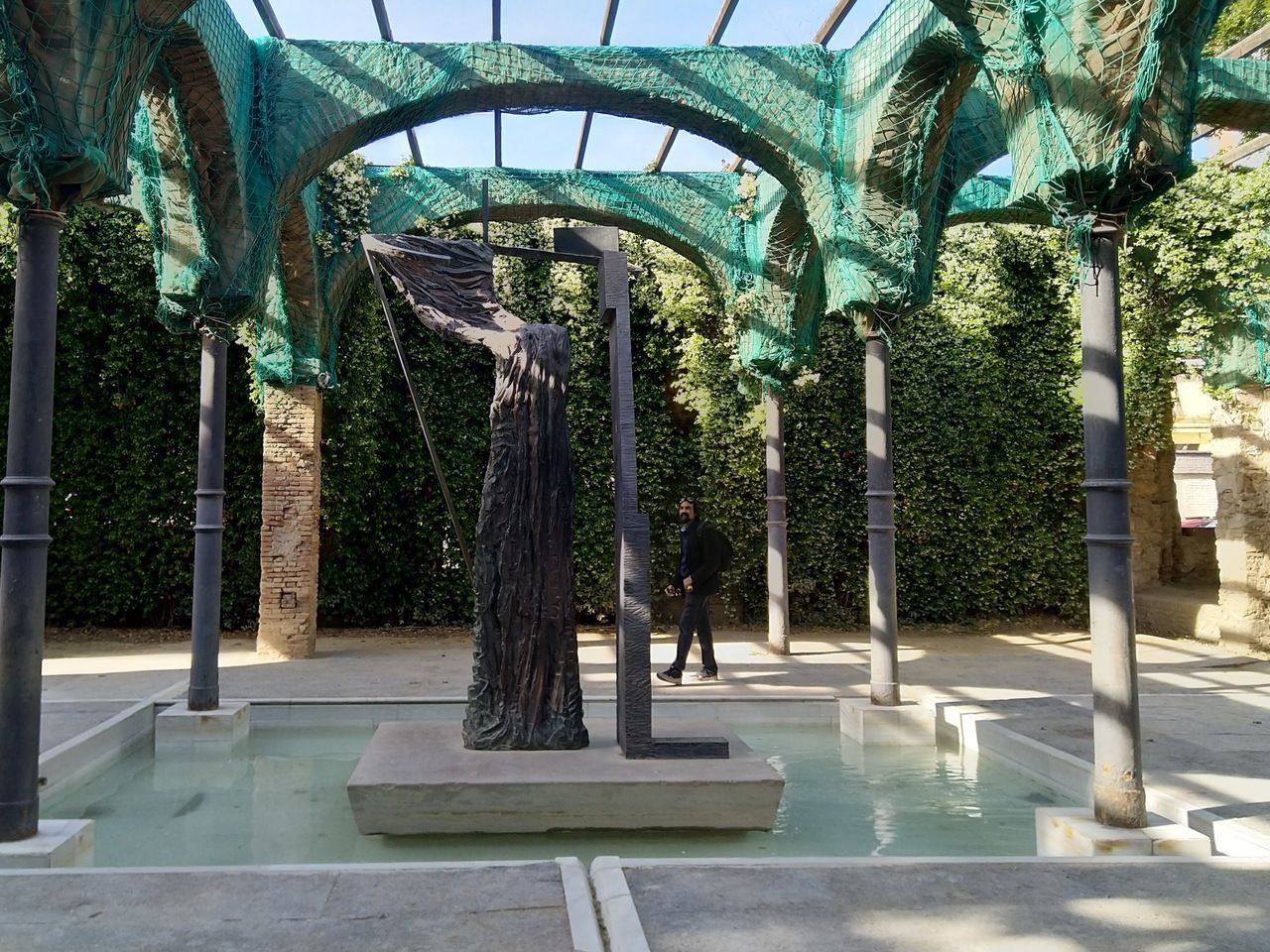
We spoke yesterday of a thousand things. Small things, like the joys of cycling the streets of Bern, Barcelona and Bologna, big things, like the end of the climate and humanity as we know it, angry things, the misrepresentation of femininity, gleeful things, like the jailing of corrupt politicians and intrepid activists, bizarre things, like the Romans carting hay-covered snow down from mountains to make imperial Slushies.
"zero-based budgeting for better community representation - a radical vision for government"
— Government Innovation Bot (@gov_bot) May 15, 2022
We debate the privilege of salary, the perks of freeloading. I give you my undivided attention. This evening crimes are committed, as a thief elopes with one of our backpacks and pandemonium ensues. A statistic for some, anguish for others who have to deal with the consequences of lost wallets and lost visas. We toast to openness and the lack thereof that keeps us in business, scattered around the world.
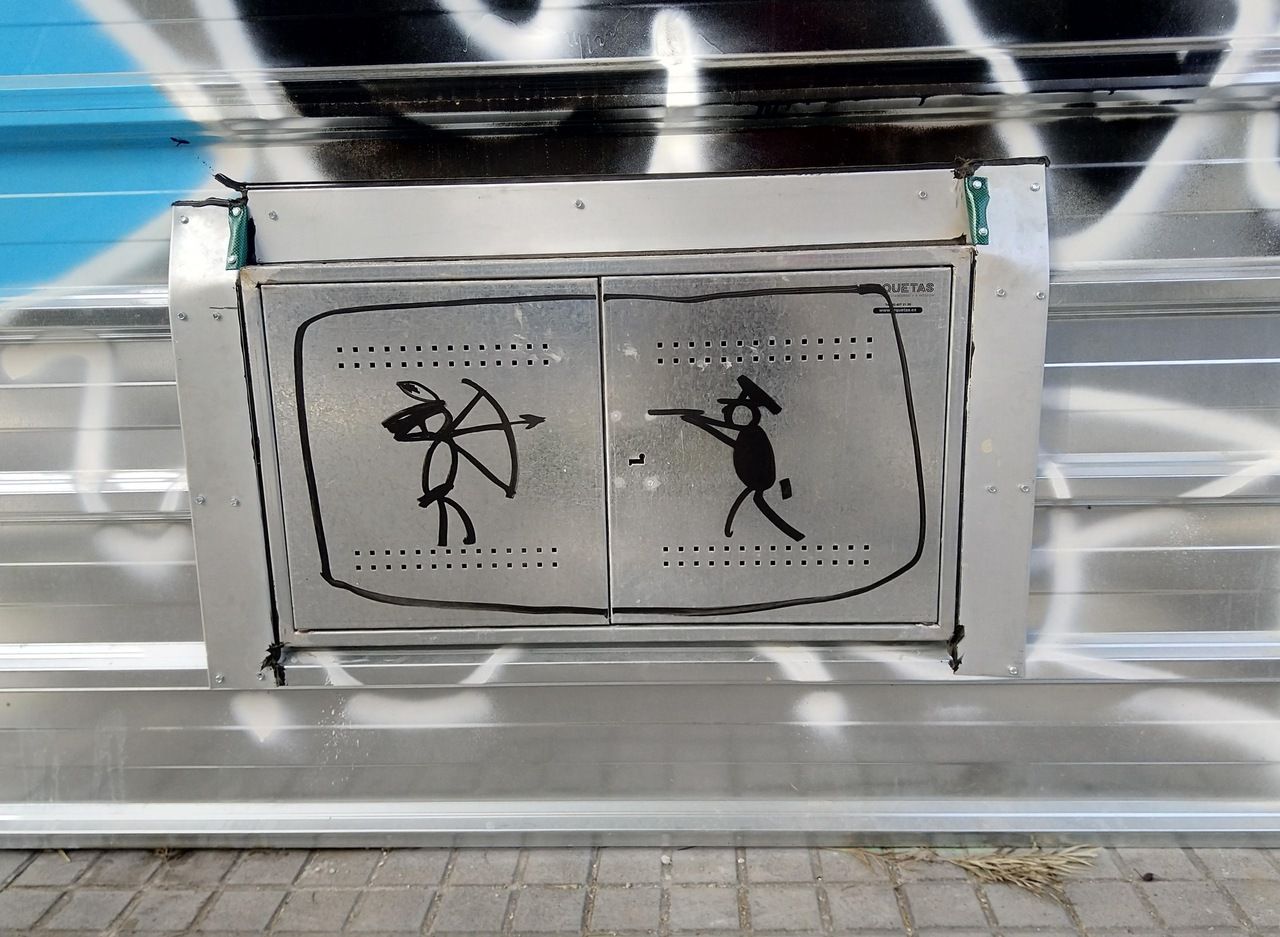
Too quickly, the day ends, and we sail through the night on our donkeys, then spend another precious hour on the curb, plotting revenge on the usurpers of the planet. I'll go and fix myself a herbal tea, something else to soothe the aching throat, hack on some Ruby code to quiet the trembling spirit.
The next day we work in a small group, clarifying and expressing the goals of the Network. On that in separate posts, perhaps elsewhere.

Parting impressions
On my final day I try to avoid being just another sangria-sipping tourist (although, really, we all need to kick back and lose ourselves in a crowd sometimes). I also heard it said that Barcelona is a city of Makerspaces, so I wanted to make sure to at least get to know one during this time.
Hiking up through the leafy forests of Serra de Collserola, I visit the GreenFabLab - a research laboratory perched on the hill. Learning what we can do to bring back old-growth forest and stimulate more sustainable building practices, I admire the work of these resident students, resident artists, botanists, wood-hewers, joint-welders.
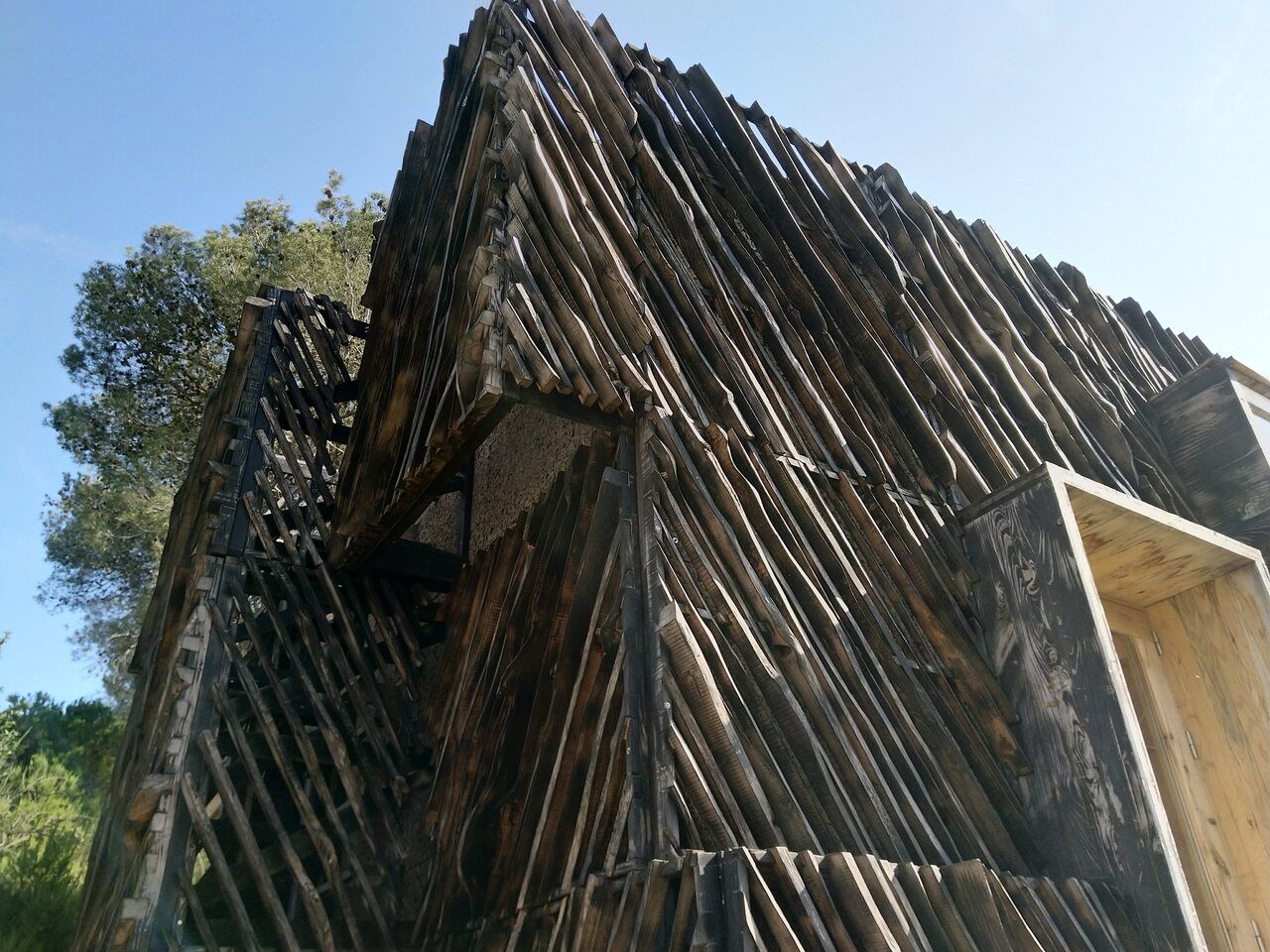
With two other participants in the tour, we go up to see a final vista of Barcelona. To the right, the ports and hotels and churches. To the left, the famous cooperative housing projects with their playful architecture.
"Only 1.5% of Barcelona’s housing stock is public and the rest is increasingly out of reach of most pockets, especially the young, with the result that around 80% of 18- to 30-year-olds still live with their parents." (The Guardian, 2.5.2022)
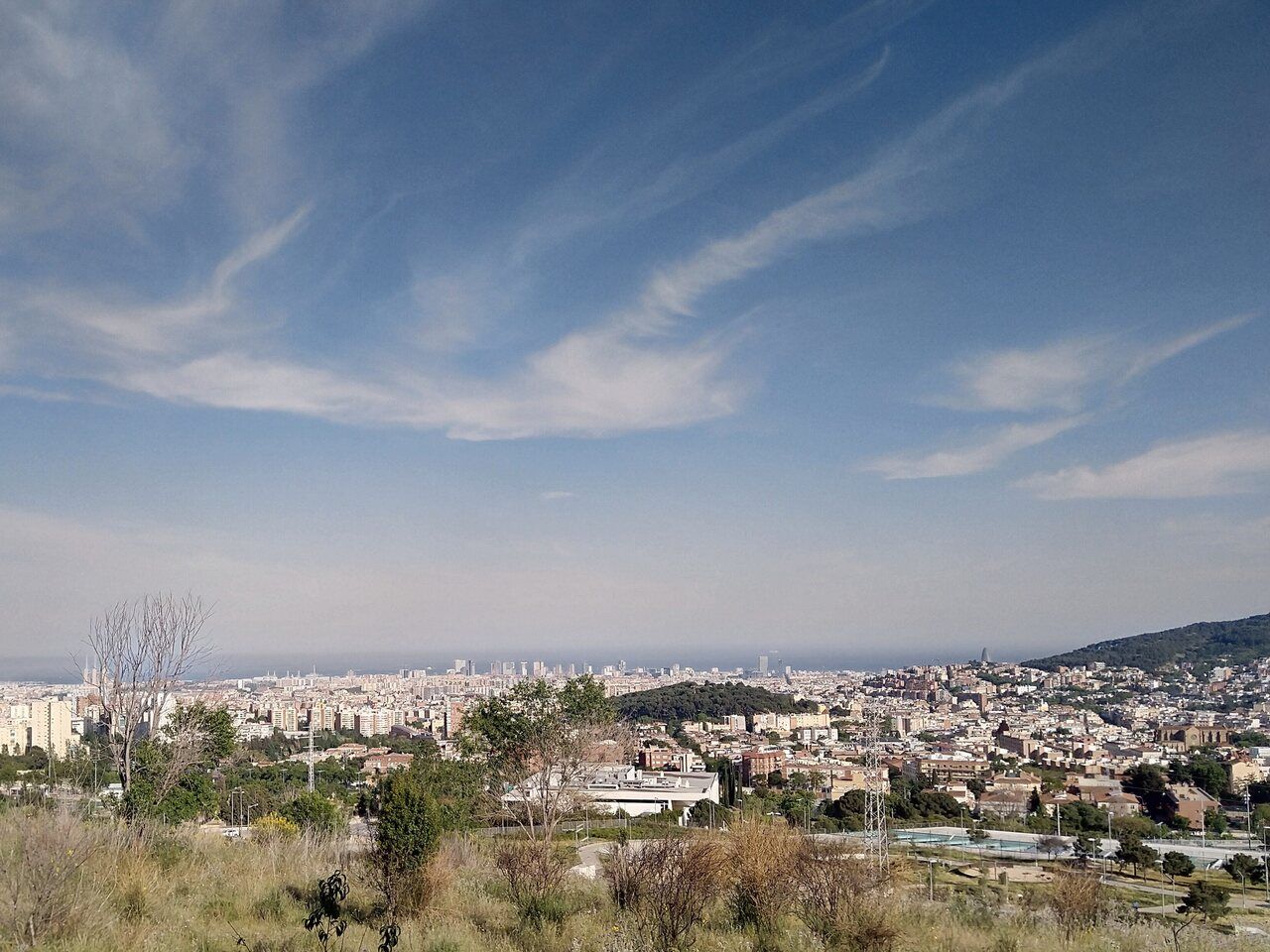
The final hours dwindle quickly, it's time to say good bye again to the Arc de Triomf and get back on the road, on the Pull Request train.
I don't know why all the trees change in the fall
I know you're not scared of anything at all
Don't know if Snow White's house is near or far away
But I know I had the best day
With you today
The Best Day (Taylor's Version) - Taylor Swift
Gracias, amigos míos. Y buenas noches.
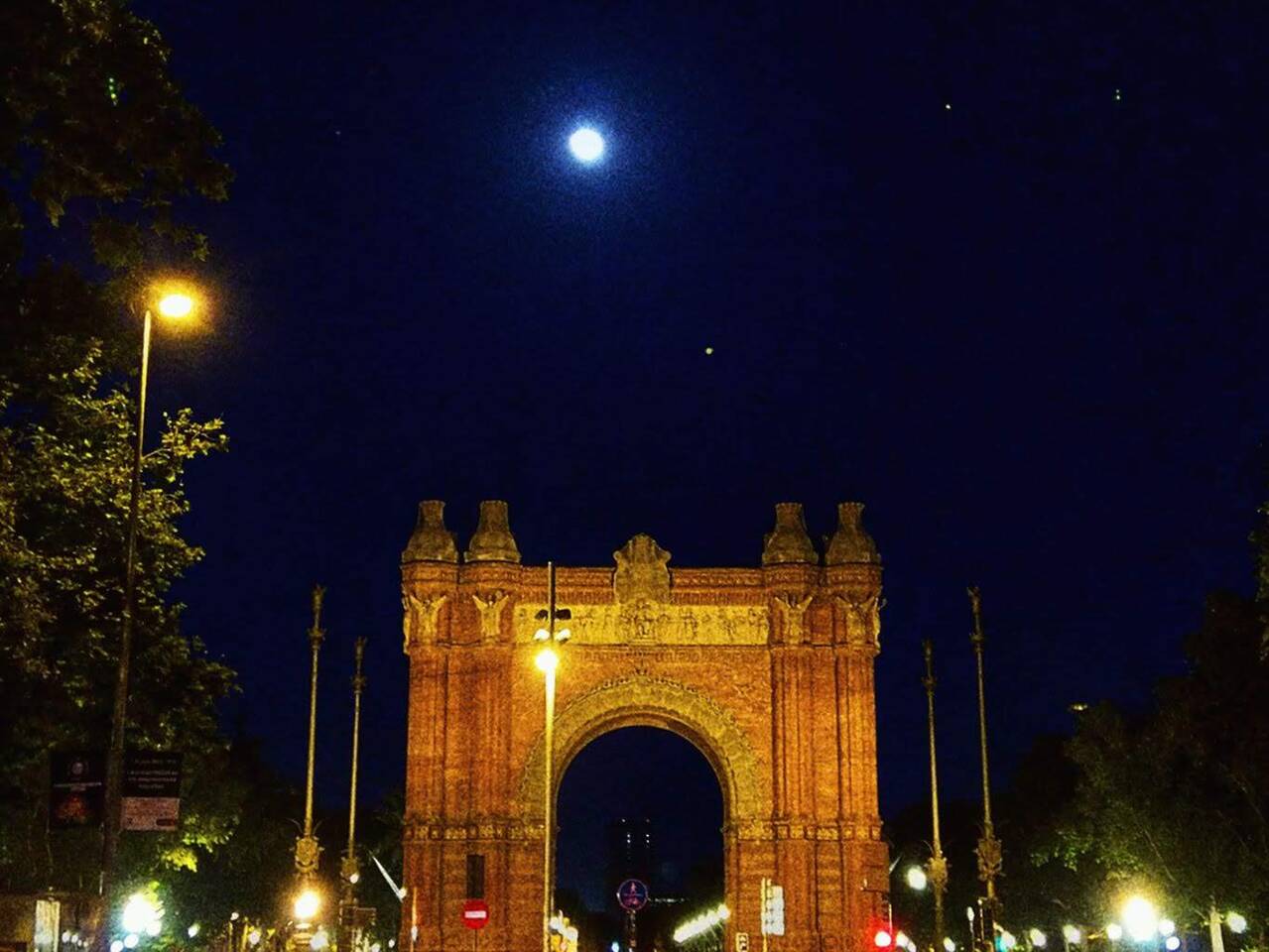


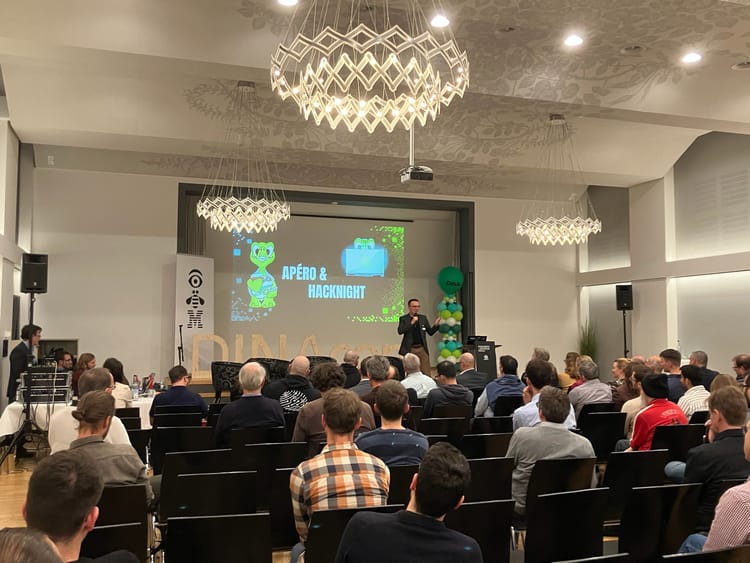
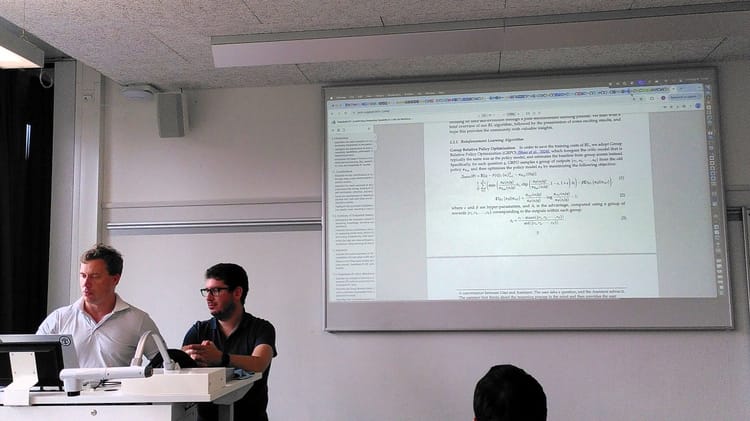
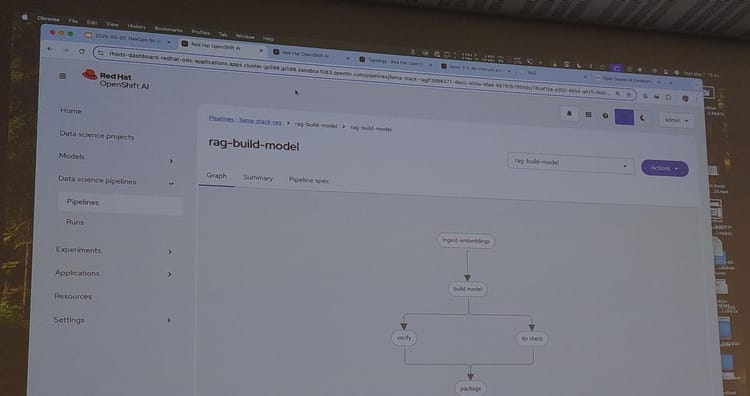
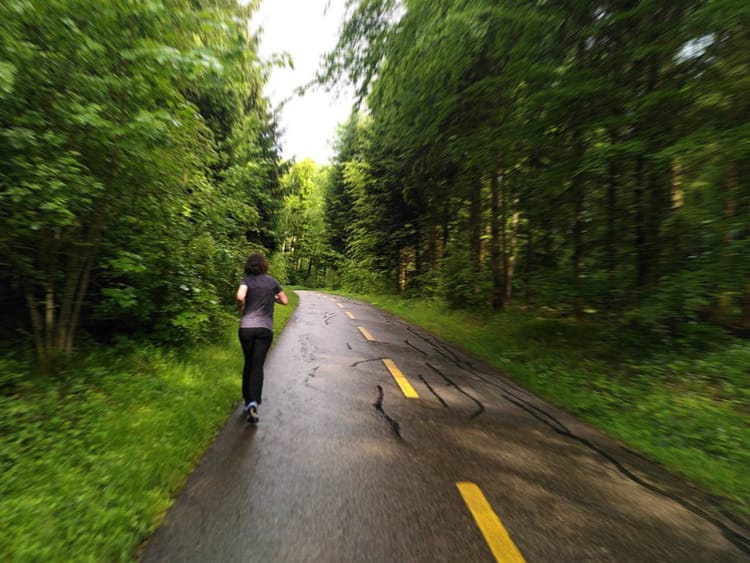
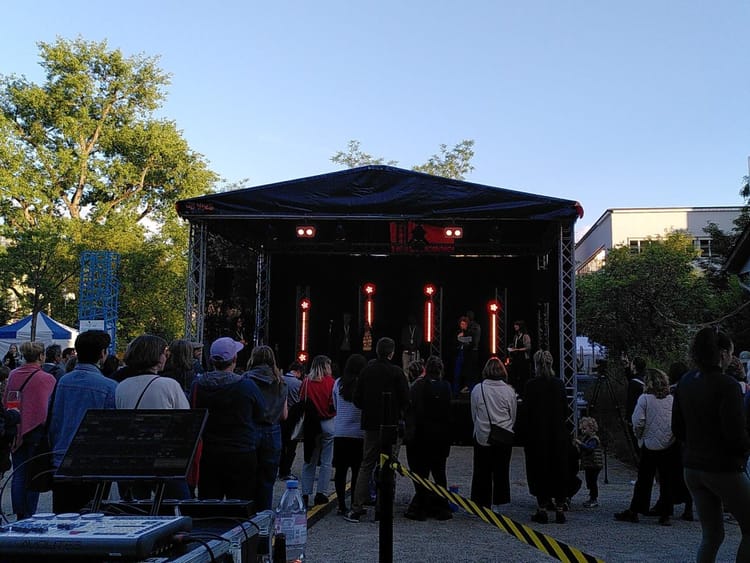
 The works on this blog are licensed under a Creative Commons Attribution 4.0 International License
The works on this blog are licensed under a Creative Commons Attribution 4.0 International License